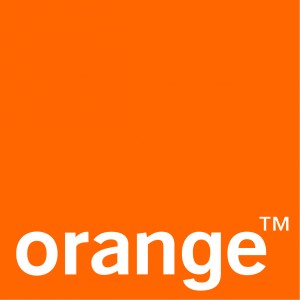Orange Belgium’s new IoT network claims 100% coverage to support massive Internet of Things solutions

Gabriel Flichy of Orange Belgium
The possibilities offered by the Internet of Things (IoT) are growing strongly in Belgium and throughout the world. Orange Belgium decided last year to invest in new IoT technologies based on international standards,and has now announced the availability of Narrow Band-IoT (NB-IoT) and LTE-M technologies, so called “Mobile IoT”, across the whole Belgian territory, reaching nationwide coverage both indoors and outdoors.
The NB-IoT and LTE-M technologies are Low Power Wide Area (LPWA) cellular network layers that will allow millions of everyday objects to be connected to the Internet of Things (IoT). LPWA technologies offer many advantages when connecting objects to the Internet of Things, such as extending the battery life of the connected equipment by up to 10 years thanks to low energy consumption, or drastically reducing the cost of the radio modules inside the devices that need to be connected. Smart furniture, smart parking and asset tracking for instance become possible.
Orange turns Belgium into a mobile IoT test lab
The Mobile IoT technologies bring a different approach to LPWA technologies. Apart from extended battery life and the minimal cost of radio modules, NB-IoT and LTE-M is also said to enable:
- Full bidirectional communication between the object and the network allowing firmware software updates over the air;
- The best possible mobile coverage (up to +20dB compared to 2G/4G coverage), considerably improving signal penetration inside buildings;
- Guaranteed connectivity abroad (roaming) on other operators’ mobile IoT networks;
- And the safest solution for IoT connectivity as it operates in licensed spectrum. Moreover, says Orange, the SIM card offers secure connections thanks to LTE networks’ unique capabilities in terms of authenticating and encrypting the data in transit.
Gabriel Flichy, chief technology officer of Orange Belgium, explains: “The choice for Mobile IoT technologies is future-proof as it is fully consistent with the future evolution towards 5G. It will then be possible to connect objects that require very high reliability e.g. for the remote control of critical devices and automation processes.”
“Today we are already using our Mobile IoT network together with the Flemish government for a project with connected bikes in collaboration with our partners Huawei and Sensinxs; IMEC is testing a smart plug project as part of Antwerp’s City of Things program and we have teamed up with CommuniThings for smart parking solutions. We invite all application developers, system integrators and early adopters to test the advantages of Orange Mobile IoT network.”
Overall Mobile IoT will act as the catalyst for companies to establish connections that would not have been viable with existing technologies. Consumers will see a huge variety of new products, services and applications enabled by Mobile IoT.
For more information click here.
Comment on this article below or via Twitter @IoTGN

